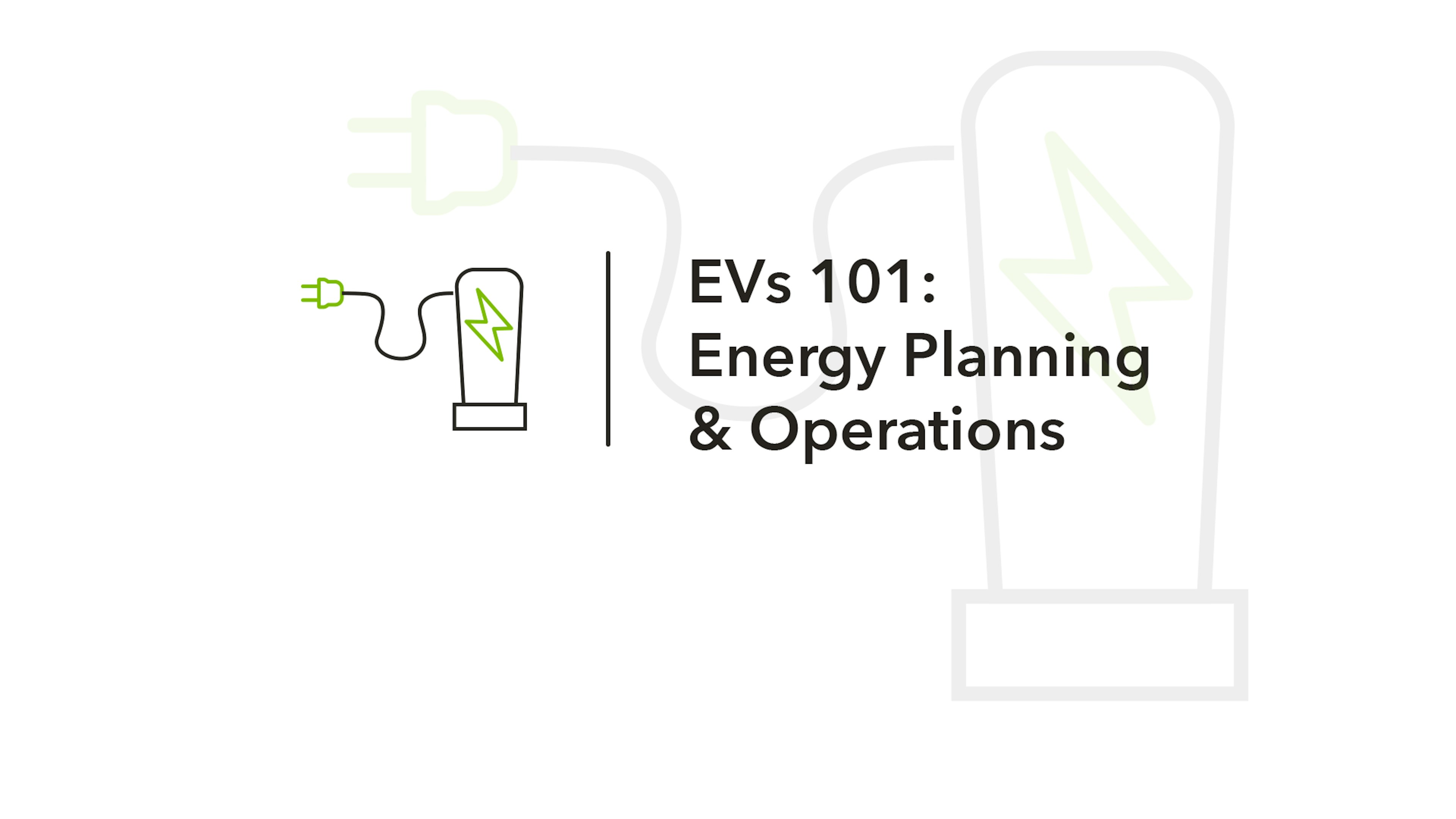When you add EVs to your fleet, should you use the traditional approach to mileage reimbursement or develop a new policy? Here's what you need to know to optimize how you reimburse your fleet drivers for EV mileage.
Thanks to the IRS, reimbursement for fleet drivers using gas-powered vehicles is fairly straightforward. The agency recently announced a big increase to the standard mileage rates for the latter half of 2023 that reflects recent gasoline price increases. Currently set at 65.5 cents per mile, the standard mileage rate for business travel was raised 3 cents from the rate effective at the start of the year.
At the beginning of 2023, the IRS released the Used Clean Vehicle Credit, which explains how to file for reimbursement for used EVs bought for $25,000 under. The IRS has not yet released specific instructions for new EVs.
Ultimately, every company’s reimbursement policy will be different, with unique factors such as location and business model playing a role in the decision. But if you’re planning to revisit mileage reimbursement for EVs in your fleet, here are some points to consider:
-
Where you’re charging matters. If your fleet drivers are driving EVs, will they be juicing up at home, at public charging stations, or at your company’s home base? Will their homes need to be fitted with specialized charging equipment? Those costs should be figured into your reimbursement rates. The state where they’ll be charging is worth noting, too, as electricity costs can change across state lines.
-
It’s not just mileage. If your fleet drivers are reimbursed for maintenance costs, keep in mind that EVs typically enjoy lower overall maintenance than an ICE vehicle—no need for regular oil changes or servicing emissions equipment. Some argue that’s justification for a slightly lower mileage reimbursement rate for EVs.
-
Keep an eye on IRS guidance. Even though the IRS doesn’t currently offer guidance for EV mileage reimbursement, the NAFA Fleet Management Association recently asked the organization to weigh in on the fringe benefit implications for fleet drivers charging an employer-provided vehicle at their own homes. While it hasn’t responded to the request yet, fleet managers should consider that input if or when it comes.
-
Remember the other perks. Even though there isn’t any official guidance for mileage reimbursement for EVs, there are other incentives for those using EVs, like tax deductions and reimbursement for carpool lane access, to consider when calculating EV reimbursement rates.
As EVs grow in popularity as personal vehicles and as additions to the modern fleet, being proactive in assessing and adjusting your fleet policies will keep you ahead of the curve. To learn more about the benefits of electrifying your fleet, view our Electric, Hybrid & Alternative Fuel courses here in Fleet Studies Lab.



